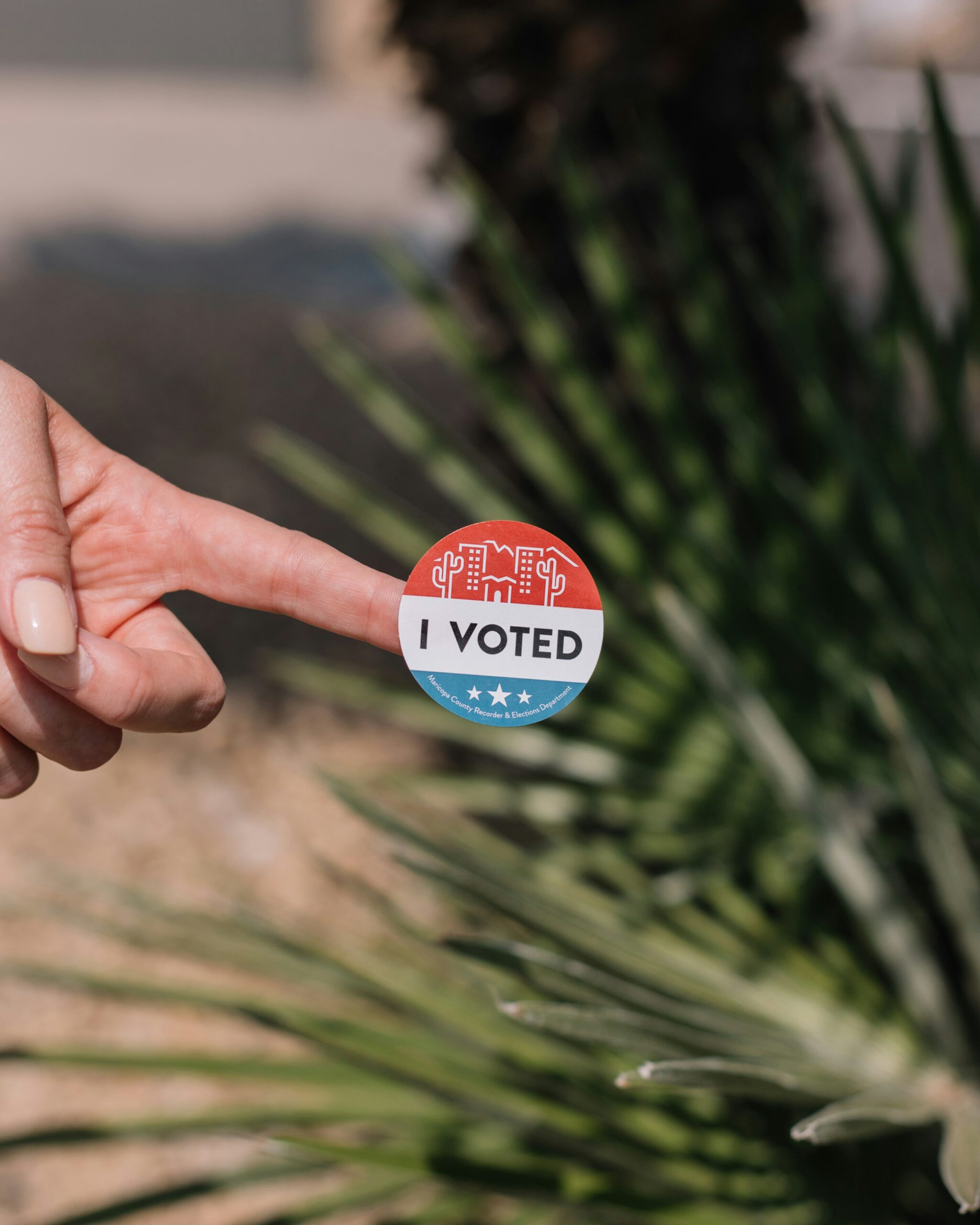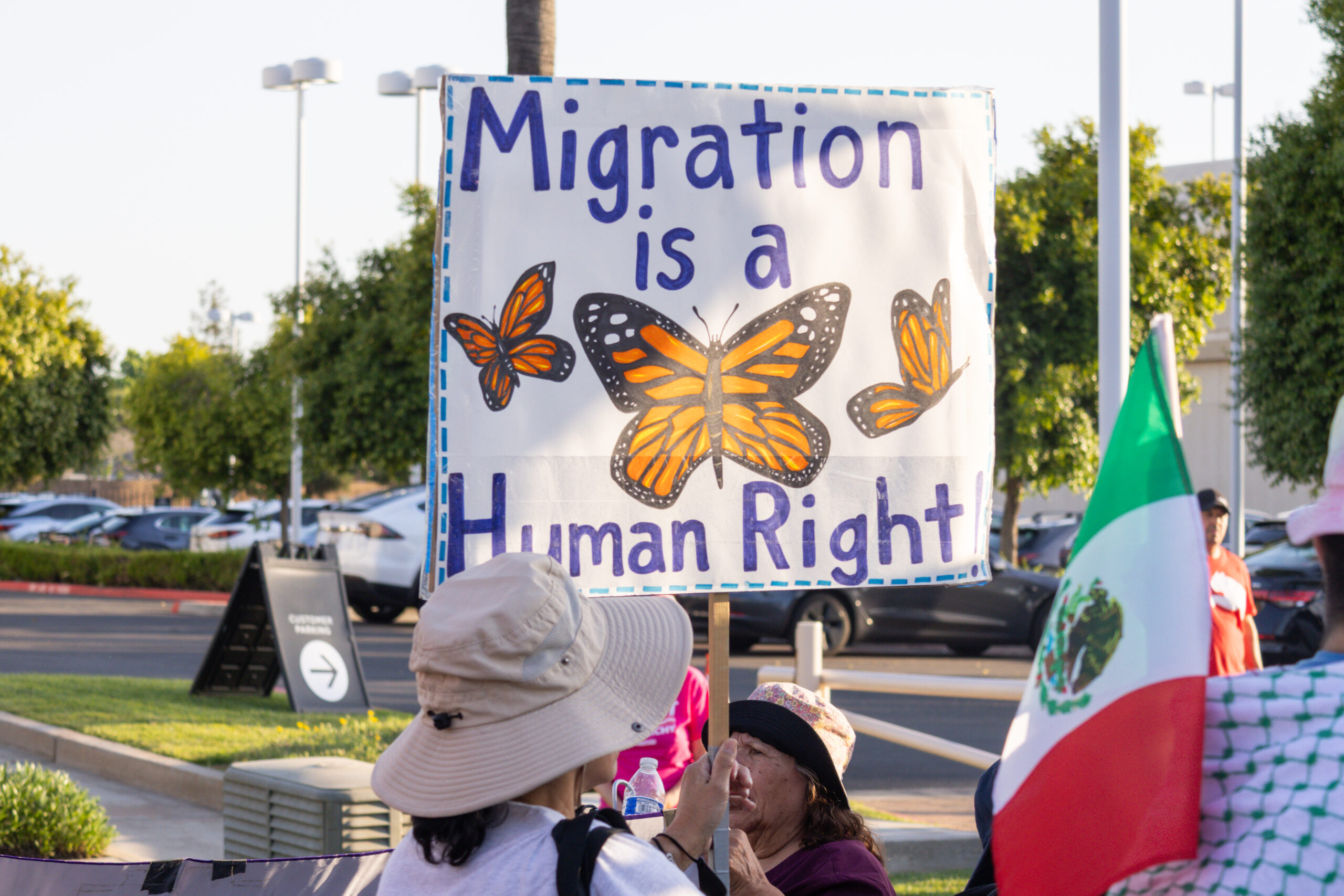
As a member of Gen Z, I was sold the idea that my generation is inherently virtuous, that it would be the one to end all tyranny, bigotry, and hate. My generation was endlessly romanticized in the media, duly noted for its higher rates of education, inclusivity, and progressiveness. Gen Z’s impact was expected to conquer the election, dominating the hatred and ignorance of the generations preceding it. Foolishly, I carried this fantasy with me to the voting polls.
I turned 18 this year, meaning it would be my first chance to vote. Coincidentally, this aligned with one of the most turbulent presidential elections this country has ever seen. I was initially excited to vote. It is a privilege to have a say in the elected representatives in your country, and I was honored to participate in such a process after several years involved in social justice. However, when the novelty of the newfound opportunity had washed away, I was left with a sense of dread. Looking at the candidates and the jarringly stark contrast between the two, I could do nothing but cast my ballot and hope that my generation would prevail. Clearly, this was not a very effective strategy.
I voted because I believe in democracy (at least, as much as you can given the two-party system.) I voted for Kamala Harris, not because she is my ideal politician, or because she has no faults, but because I believed she would be better for the future of BIPOC, queers, immigrants, women, and America as a whole.
My fatal flaw in approaching the 2024 election lies in my blind faith in Gen Z. Given the disheartening results of the election, it is clear that my generation is not as morally dignified as it has been portrayed. This is not to say that Gen Z completely lacks progression and tact, as these are characteristics undoubtedly true to them. However, there is a major gap between their perceived and real political growth from past generations, particularly as it concerns Gen Z men.
According to a survey conducted by the University of Michigan in 2022, 23% of 12th-grade boys consider themselves conservative, as opposed to the 13% that consider themselves liberal. Young white Gen Z men are rebelling against their parents’ liberal ideologies at similar rates as millennials rebelling against their parents’ right-wing agendas. Several surveys have been done to debunk this phenomenon, but a major finding is that young white men have fallen out of favor with the democratic party in recent years. Ultimately, they feel as though the left wing has little to offer them compared to the women, queers, and other minority groups it seeks to uplift. As a result, they have become bitter and vulnerable to conservative, “anti-woke” propaganda. They believe that the conservative party will somehow validate their struggles and that the solution to the alienation they feel can be found in the vitriol spewed by conservative politicians.
Trump, to his benefit and America’s demise, strategically targeted these young white men who were newly eligible to vote. By making appearances on podcasts with people such as Theo Von and Logan Paul, influencers associated with Gen Z male audiences, Trump was able to reach a demographic previously known for their lack of participation in elections. It was this unfortunate reality that contributed to his re-election.
Trump does not care about young white men. He does not care about the young. He does not care about men. His only concern is the exploitation he can (and will) wreak from a position of power. Gen Z men are sorrowfully mistaken in their judgment of Trump, and I am saddened and disappointed by the political manifestations of their internalized insecurities.
I want to emphasize that Gen Z is not solely at fault for the outcome of the election, nor did they collectively fail to do their part. Gen Z has proven time and time again to be independent, driven, and heartwarmingly compassionate. My criticism comes not from hate but from extreme fondness for my generation. I want to see us fix the things our parents and grandparents could not fix, I want to see prosperity and dignity. By identifying the flaws in our generation, we can take the first steps to eliminate them.


